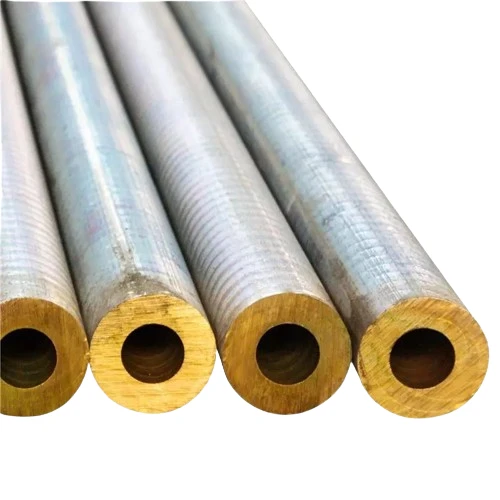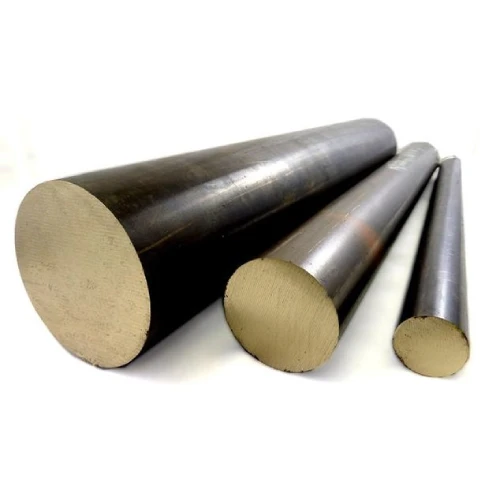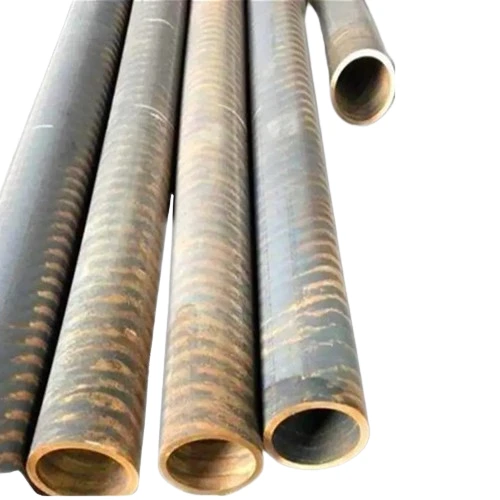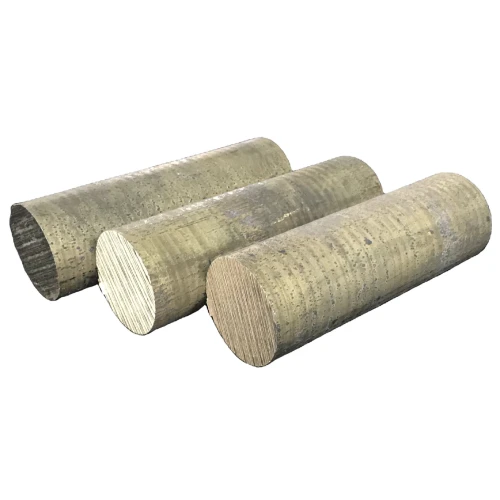C72900: Copper-Nickel-Tin Alloy for Strength, Wear Resistance, and Corrosion Resistance
C72900. also known as Toughmet or Hardiall, is a copper alloy belonging to the copper-nickel-tin family. It
offers a desirable combination of strength, wear resistance, and excellent corrosion resistance, making it
suitable for various industrial applications, particularly those requiring durability in harsh environments.
Table: Key Properties of C72900
| Property |
Description |
| Chemical Composition |
- Primarily Copper (Cu): 88-90% <br> - Nickel (Ni): 8-10% <br> - Tin (Sn): 6-8%
<br> - Other (Fe, Pb, etc.): Trace amounts (Lead-free variants available)
|
| Mechanical Properties |
- High tensile and yield strength <br> - Good wear resistance <br> - Good
machinability (especially lead-free variants) <br> - Excellent corrosion resistance
|
| Common Brands (By Country) |
- Europe: CuNi10Sn8 [Europe], Hardiall® <br> - US: Toughmet, AMS
4596
|
Important Note: The presence of lead (Pb) can vary depending on the specific variant. Some
manufacturers offer lead-free versions. Always check the datasheet for the material you're considering.
Common Questions and Answers:
What are the typical applications of C72900?
C72900 finds use in various industries due to its well-rounded properties:
Gears: High-strength gears, particularly for medium- to high-load applications, can be made
from C72900.
Bearings and bushings: In applications with demanding loads, C72900 is a suitable choice
for bearings and bushings.
Wear plates and liners: Industrial machinery can benefit from C72900's wear resistance
for wear plates and liners.
Marine applications: Due to its excellent corrosion resistance in saltwater environments,
C72900 is used for valves, fittings, and other marine hardware.
How does C72900 compare to other copper alloys?
C72900 offers several advantages:
Excellent combination of properties: It provides a balance of strength, wear resistance,
and corrosion resistance, making it suitable for demanding applications.
Good machinability: Compared to some copper alloys with high nickel content, C72900 offers
good machinability, especially lead-free variants.
However, there are also some limitations:
Cost: Compared to some other copper alloys, C72900 can be slightly more expensive.
Not ideal for high temperatures: The mechanical properties of C72900 can diminish at very
high temperatures.
Are there alternatives to C72900?
Depending on the specific application requirements, some alternative copper alloys can be considered:
Nickel-aluminum bronzes: Offer excellent wear resistance and good strength without lead,
but might be more expensive than C72900.
High-strength brasses (e.g., C69300): Can provide good strength and wear resistance, but
corrosion resistance might be lower than C72900.
Important Note: Regulations on lead usage can influence the availability of leaded variants
of C72900. Lead content and cost should be factors when choosing a material. Always consult with a material
engineer or supplier to identify the most suitable copper alloy for your specific application considering
factors like strength, wear resistance, corrosion resistance, machinability, lead content (regulations), and
cost.



